
No Reason for Despair
The search for emuna arouses unlimited Divine mercy, mitigating all severe judgments and turning them into mercy. Mercy is a Divine...

Her father became very distraught, and he went everywhere looking for her
Even though Hashem sees that He has no choice but to conceal His Divine light from a person, He is extremely sorry, for the prophet says (Isaiah 63:9), “In their troubles, He is troubled.” “Their troubles” alludes to the concealment of Divine illumination, for as we learned in the previous chapter, this is the source of all trouble. But, as long as a person remains steadfast and clings to emuna – which in and of itself is Hashem’s illumination – then he or she is not in trouble even in the most trying situation. With emuna, not only do we spare ourselves loads of trouble and sorrow, but we also spare our merciful Father in Heaven the sorrow He feels for a person in sorrow.
Hashem wants to lavish His magnificent illumination on each of us, as a loving father desires to give to his beloved child. Yet, our misdeeds cause concealment. When a person falls into the darkness of concealment, Hashem is deeply sorry and prays for that person. The Gemara in tractate Berachot, page 7a, teaches us that Hashem Himself prays, for Hashem says:
“‘I shall bring them to My holy mountain and I shall gladden them in My house of prayer’ – My house of prayer not their house of prayer, to teach that Hashem prays. And what does Hashem pray? Mar Zutra bar Tuvia says in the name of Rav: May it be My will that My mercy overcomes My wrath, and may mercy permeate all of My traits, and may I act with My children with the measure of mercy, and may I judge them with lenience.”
“I shall gladden them in My house of prayer,” is also alluding to the fact that Hashem gives each of us a personal redemption, making us happy by bringing us to emuna and to prayer, Because redemption and happiness are the result of emuna. As such, “I shall gladden them,” by bringing them happiness and illuminating their souls by bringing them to “My house of prayer” – teaching them emuna and prayer. Dear reader, this is happening to you this very minute, for this book in your hands is a clear sign that Hashem is bringing you to emuna. What could be more gratifying to know?
Mitigating the Wrath and Revealing the Concealment
Let’s analyze Hashem’s prayer to Himself, as mentioned in the passage above: “May it be My will that My mercy overcomes My wrath…” is none other than Hashem’s prayer that the concealment of His Divine Countenance be revealed, for His wrath in itself is concealment. This concept is easily understood with the following example: Imagine that your friend is upset with you. You know that now is not the time to ask favors from him or her, for clearly, he or she doesn’t want to hear from you at all. You sense the ill-feeling, and you don’t even consider the idea of requesting anything at this time from your friend. By the same token, when Hashem is angry at someone, that person is virtually unable to pray.
At this point, any of us would be shocked: “This is scary! What do I do if Hashem is angry at me, and I open my mouth to pray and nothing comes out? How can I live for a day like this with no prayer?”
Rebbe Nachman of Breslov says that there’s no reason for despair – ever. The moment a person begins to make teshuva on his or her loss of emuna, and this very minute decides to search for emuna, Hashem’s wrath is mitigated. The person’s loss of emuna triggered Hashem’s wrath in the first place, so his or her opposite action – the search and yearning to return the emuna – arouses unlimited Divine mercy, mitigating all severe judgments and turning them into mercy. Mercy is a Divine illumination; when Hashem illuminates our souls, it’s so much easier to acquire emuna. If we continue with this example, when our angry friend is placated and forgiving, it’s so much easier to request something from him or her. Now, we can fully understand the nature of Hashem’s prayer to Himself, that His mercy may overcome His wrath, in order to prevent the concealment of His Divine illumination.
To be continued.







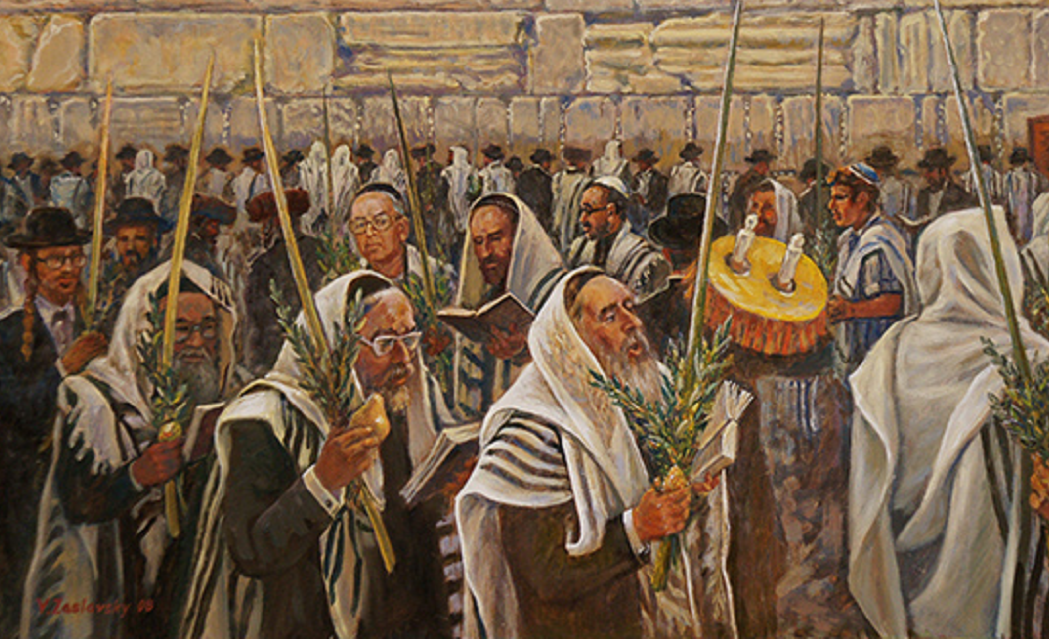
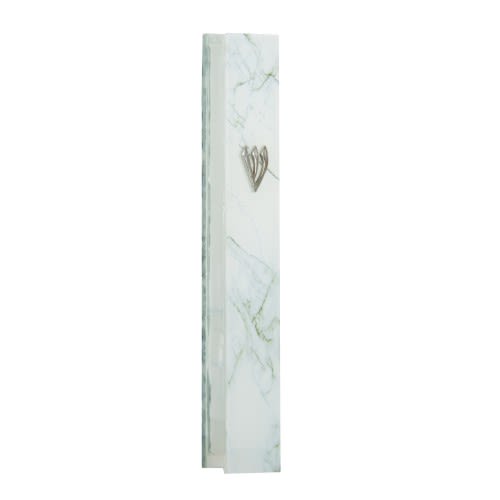

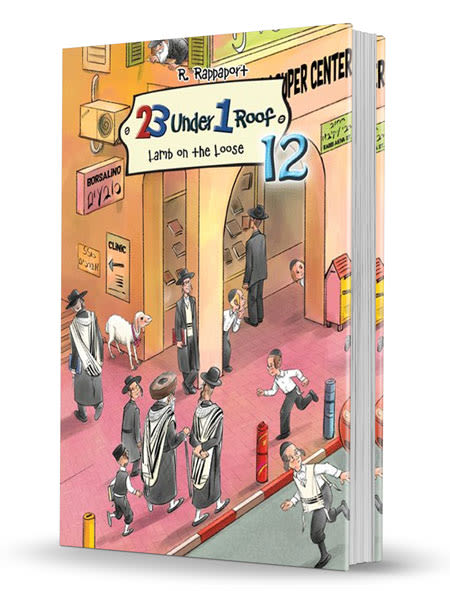

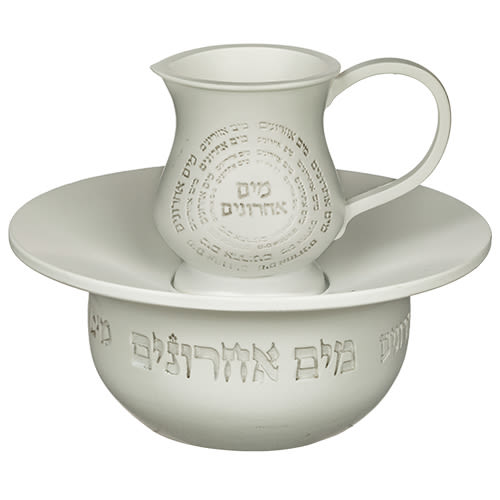
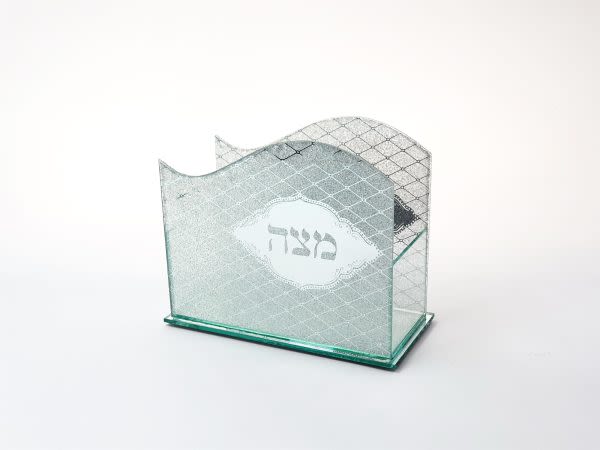
Tell us what you think!
Thank you for your comment!
It will be published after approval by the Editor.